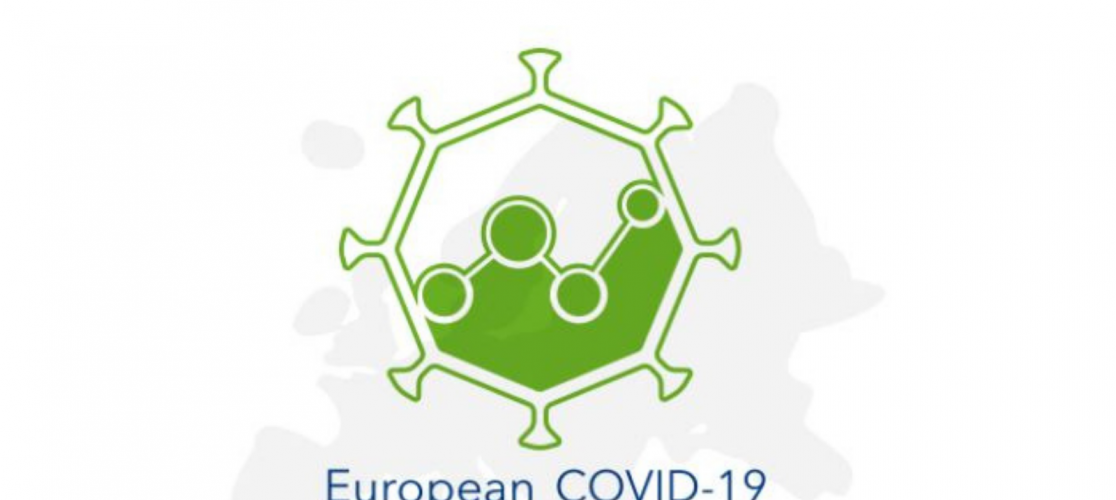The Centre for Mathematical Modelling of Infectious Diseases (CMMID) is a multidisciplinary grouping of more than 150 epidemiologists, mathematicians, economists, statisticians and clinicians from across LSHTM.

Illustration of Mpox virus
Research themes
Within CMMID there are several research themes, which bring together researchers across the School working on similar modelling topics. Find out more about our research themes here.

WHO CC STI hero
Resources
CMMID provides a number of resources to its members and the modeling community. Such include CMMID led courses, career opportunities, conferences, an events calendar and public outreach activities
Join us
You will receive the latest updates from the Centre, including: seminars, short courses, events, networking opportunities, research news and funding calls.
Please join our mailing list.
LSHTM staff and students (PhD/RDS) can also sign up to the Centre's internal mailing list.
You can unsubscribe at any time. For information on how we use your data, please see our privacy notice for mailing list recipients and our Data Protection pages.
Keep in touch
Email us: cmmid@lshtm.ac.uk




